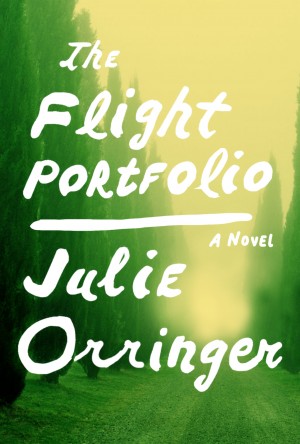The debate about how to classify writers and writing, and whether to do so at all, has heated up over recent years. Jennifer Weiner famously spearheaded a rallying cry for more women to be considered “literary writers” alongside luminaries like Jonathan Franzen. The debate over the question of the “Jewish writer” is of course more layered, particularly because it has been so soundly rejected by heavyweights like Philip Roth and Saul Bellow. With the title of Adam Kirsch’s book phrased in the form of a question, the reader is inclined to expect some form of answer. Call it Jeopardy in reverse. But, surprise, surprise, it’s not that simple.
Kirsch’s book is actually a collection of his essays, many of which originally appeared in publications such as The New Yorker, The New Republic and The Jewish Review of Books. A poet, critic and author (his most recent work was the instant classic “The People of the Books”), Adam Kirsch has established himself as one of the most prominent and respected voices in the world of literary criticism. His depth of knowledge and analysis are on full display here as he dissects the relationship between religion, politics and poetry. There are deep dives on how non-Jewish writers, such as Irish Catholic poets Seamus Heaney and Christian Wiman, interpret their own religious background and how it is (or isn’t) incorporated into their work.
Kirsch explores the motivations, interpretations and outcomes of past Jewish authors like Walter Benjamin, Stefan Zweig, and Isaac Deutscher. Contemporary issues are also given attention, particularly the role of social media in determining the course of an author’s reputation and career arc. He draws on the example of Jewish author Keith Gessen, who received brutal online backlash after the release of his first novel and how “worthy” he was of his success.
But at the heart, Kirsch draws the parallel of how the question of the Jewish writer mirrors the current conundrum of American Jews as a whole. As the nuts and bolts of religious practices slowly fade in importance to many American Jews, how does this affect their relationship to their “Jewishness” and frame their perspectives?
While critiquing the work of a critic is an unusually meta exercise, it’s easy to recommend diving into Kirsch. This is no casual summer read, but the complexities reveal the unique expertise and brilliance of the author.
Amy Oringel is a communications consultant for risk advisory firm K2 Integrity, as well as a freelance writer whose work has appeared in The New York Times, BusinessWeek, and The Forward.





